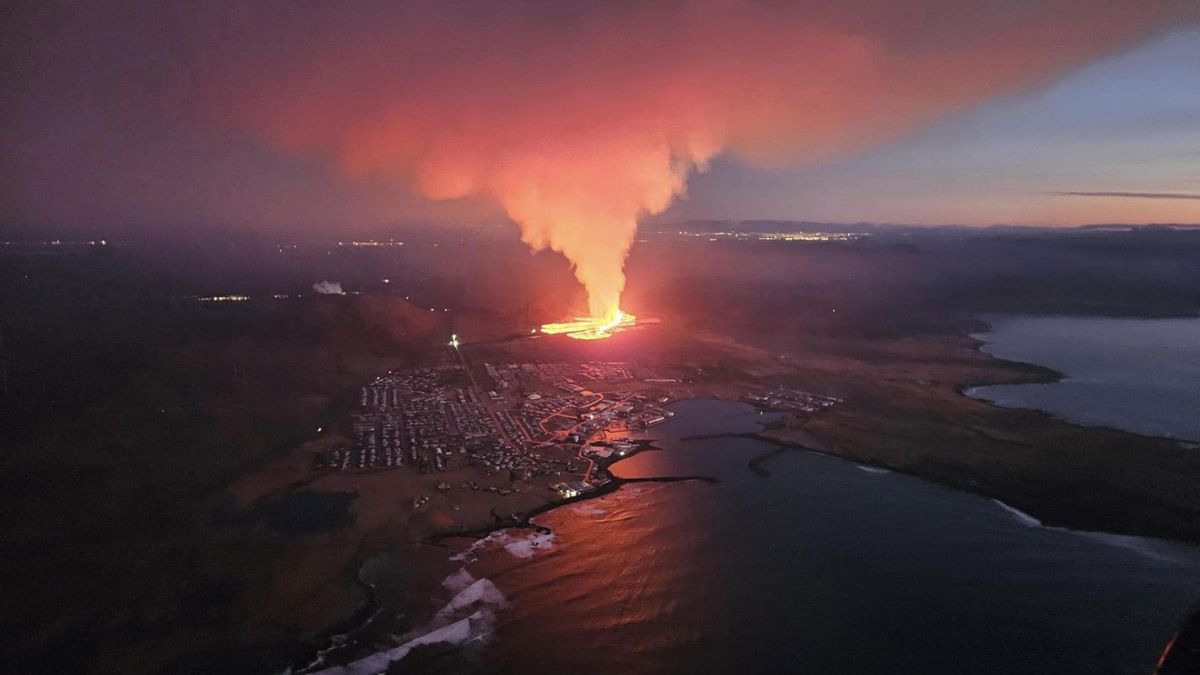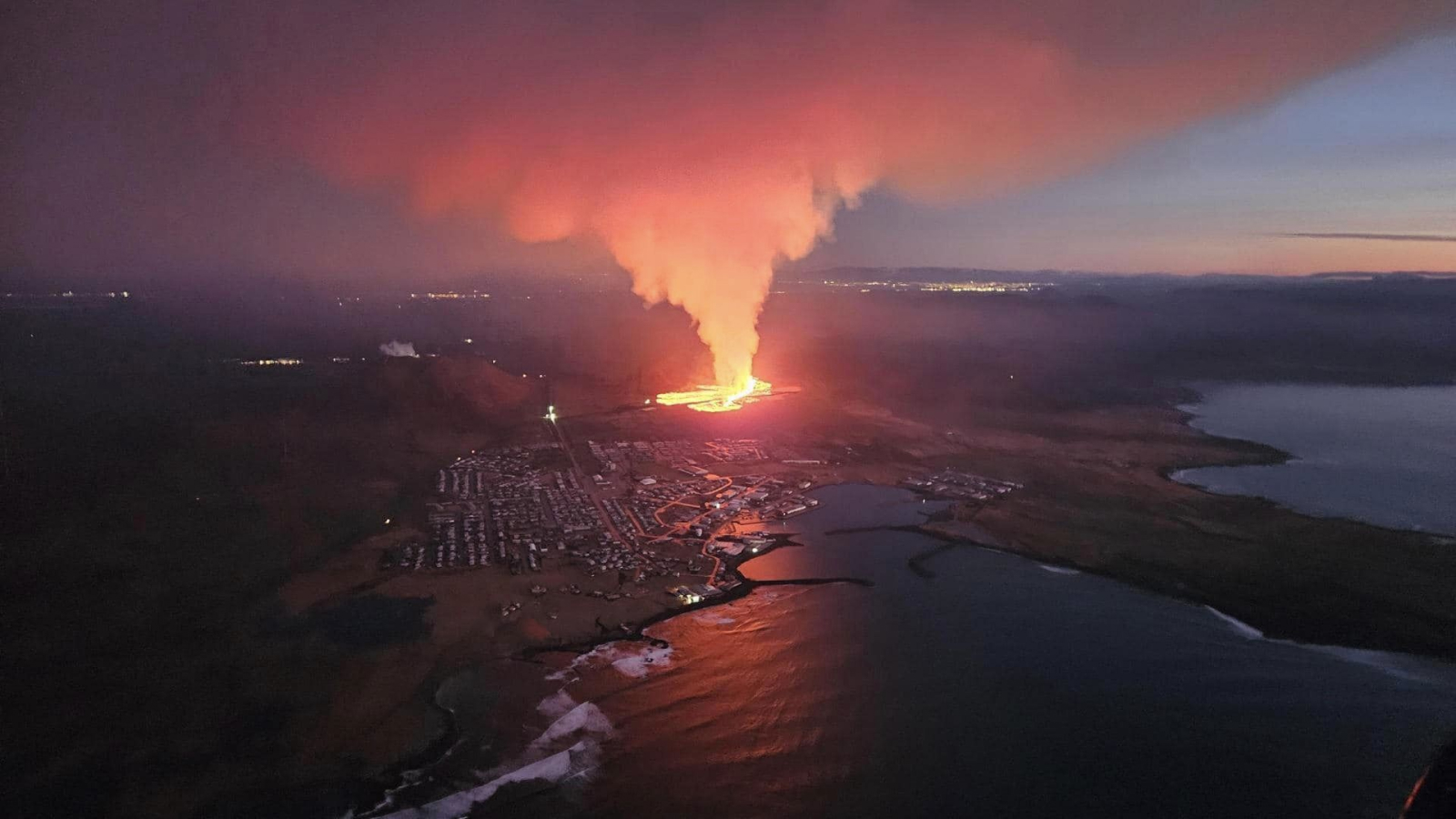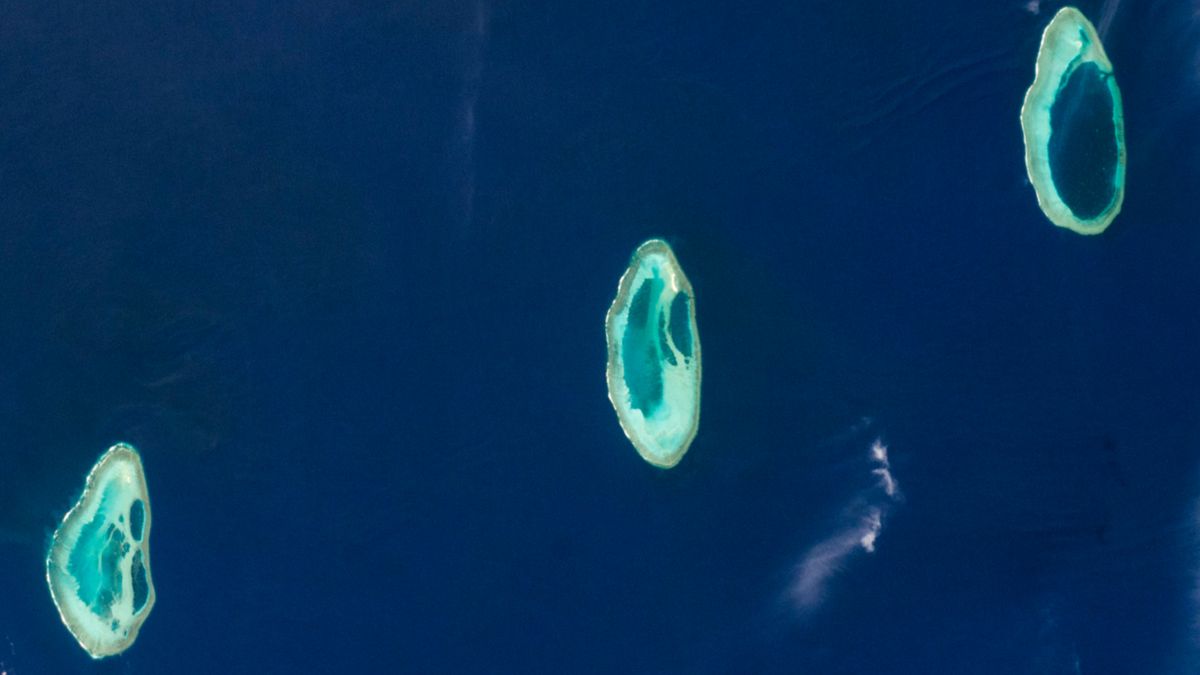Now Reading: Global Glacial Melt Linked to Increased Volcanic Eruption Risk: Study
-
01
Global Glacial Melt Linked to Increased Volcanic Eruption Risk: Study
Global Glacial Melt Linked to Increased Volcanic Eruption Risk: Study

Fast Summary
- Key Finding: Melting glaciers due to climate change may lead to more frequent and explosive volcanic eruptions globally.
- Study Focus: Researchers analyzed six volcanoes in southern Chile to assess the impact of ice-sheet retreat on volcanic activity during the last ice age.
- Process: Ice sheets suppress magma activity; when glaciers melt, pressure builds and triggers eruptions. This was evidenced by past volcanic surges in Iceland and southern Chile after glacial retreat.
- Global Scope: A 2020 study identified 245 perhaps active volcanoes beneath or near glaciers worldwide – particularly vulnerable areas include Antarctica, North America, Russia, and New zealand.
- Impact on Climate change:
– Short-term cooling from sulfate aerosols released by eruptions reflecting sunlight.
– Long-term warming due to greenhouse gas emissions from prolonged volcanic activity contributing to a positive feedback loop of glacier melting and warming.
Indian Opinion Analysis
the study highlighted in this article raises crucial concerns about the interconnectedness of climate change effects. For India as a country that has been consistently advocating for global climate action, understanding planetary risks like these is critical.Although India does not have such glacier-adjacent volcanoes within its territory, changes elsewhere could affect everyone as long-term global warming intensifies further.For policy implications, this research demonstrates the urgency required globally in addressing climate change through mitigation policies that reduce carbon emissions while strengthening international scientific collaboration on monitoring geological risks tied to environmental changes. India’s role could involve pushing for studies on other potential geophysical responses triggered by climate shifts-such as monsoon patterns or Himalayan ecosystem impacts-to enhance preparedness at home while influencing discourse internationally.

























